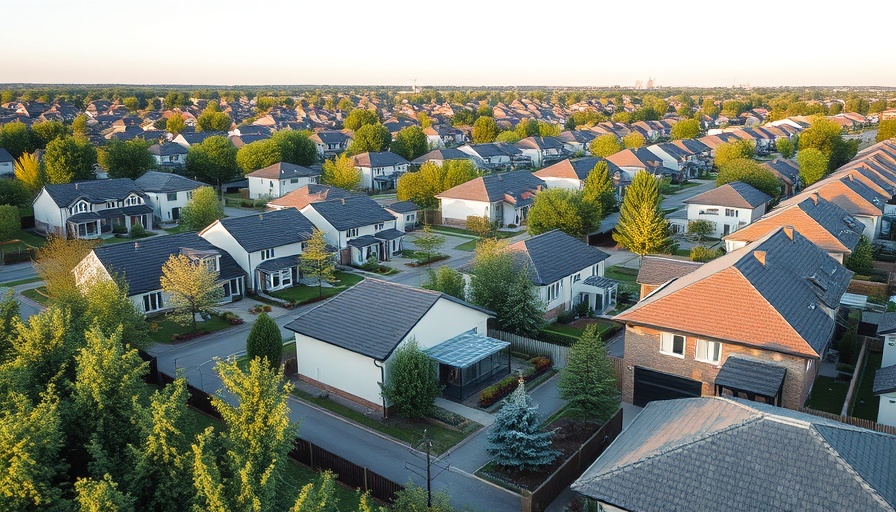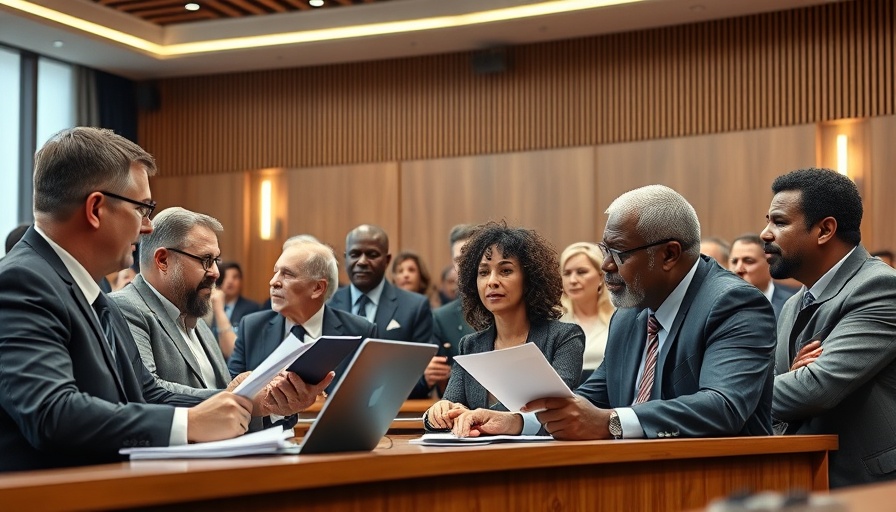
Understanding the Polk Street Closure Controversy
On July 3, 2025, Houston residents were abuzz with discussions surrounding the controversial plan to close part of Polk Street. This key artery, vital for connecting the East End to downtown Houston, is under scrutiny as part of an initiative to expand the George R. Brown Convention Center. A study claiming that the closure would have 'no adverse impact' has raised eyebrows, prompting significant community backlash.
Community Opposition and Concerns
While city officials argue that the closure is necessary for progress and economic growth, many residents fear it may hinder access to crucial areas, particularly for those in lower-income neighborhoods who rely on this route. Critics argue that community voices have been sidelined during the planning process, and the sentiment is palpable. Activists have voiced strong opposition, emphasizing the potential disruption to local businesses and everyday commutes.
The Study Behind the Decision
According to the recent study commissioned by the city, the results were clear: the Polk Street closure would not harm traffic patterns or local businesses. However, the validity of these findings has been challenged by local residents and urban planners who question the methodology and data used. Conversations have begun to emerge about the need for a more comprehensive assessment of the project's impact on the community—highlighting the delicate balance between development and the preservation of local connectivity.
Broader Implications for Houston
This situation is not unique to Houston. Across the nation, similar debates unfold where urban development meets community preservation. Cities are grappling with how best to expand their infrastructures without alienating residents or diminishing the sense of community. It raises pivotal questions: Who truly benefits from such developments? And at what cost?
A call for Civic Engagement and Dialogue
Community advocates are calling for increased civic engagement to ensure that all voices are heard in the decision-making processes. Public forums and discussions have started to proliferate, aiming to educate residents about the potential implications of the Polk Street closure and gathering opinions that could influence future urban policies. Notably, organizations like Houston Public Media are diving deep into this narrative, amplifying local voices through outreach and coverage.
Next Steps for Houston Residents
As deliberations continue, Greater Houston residents are encouraged to participate in upcoming community meetings, engage with local news outlets, and express their opinions on public forums. Their involvement can shape the policies that directly affect their daily lives, and thus it is crucial to stay informed and active. Local public radio, including News 88.7 NPR Houston and podcasts from Houston Public Media, serve as vital resources for residents to stay updated about ongoing discussions, events, and civic engagement opportunities.
For those interested in the impact of community issues on everyday lives, initiatives like Houston Matters provide a great platform to learn about and influence local policies.
In conclusion, as Houston moves forward with ambitious expansion plans, the voices of its residents must remain at the forefront of discussions about urban development. Engaging in this ongoing dialogue is essential not just for the future of Polk Street, but for the integrity of the community as a whole.
 Add Row
Add Row  Add
Add 



Write A Comment